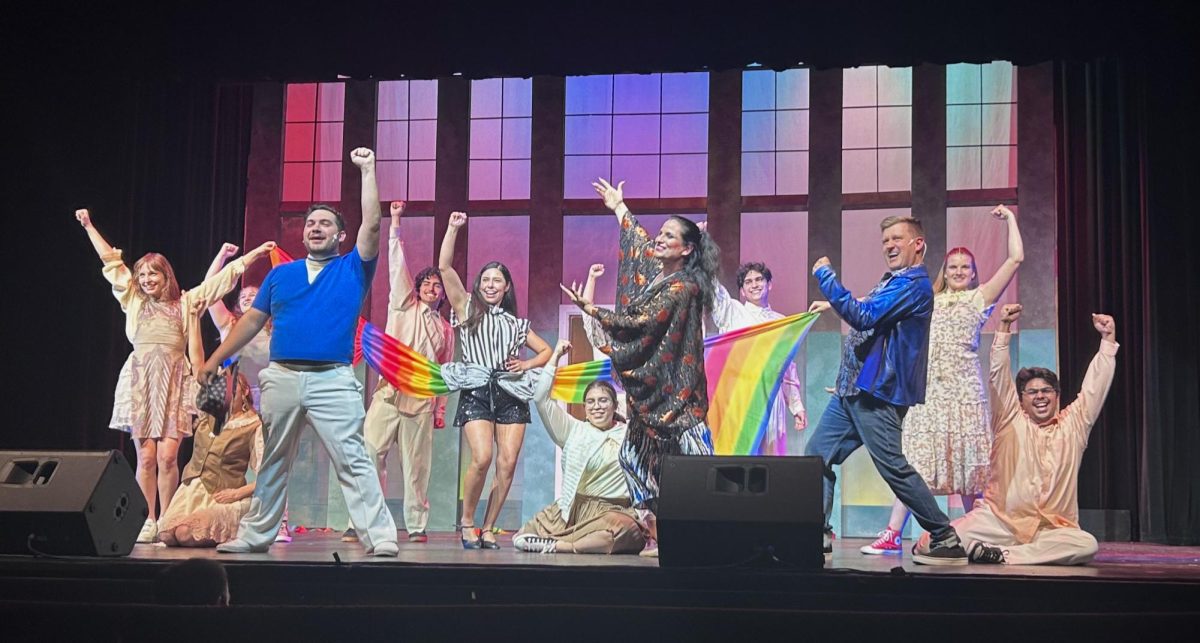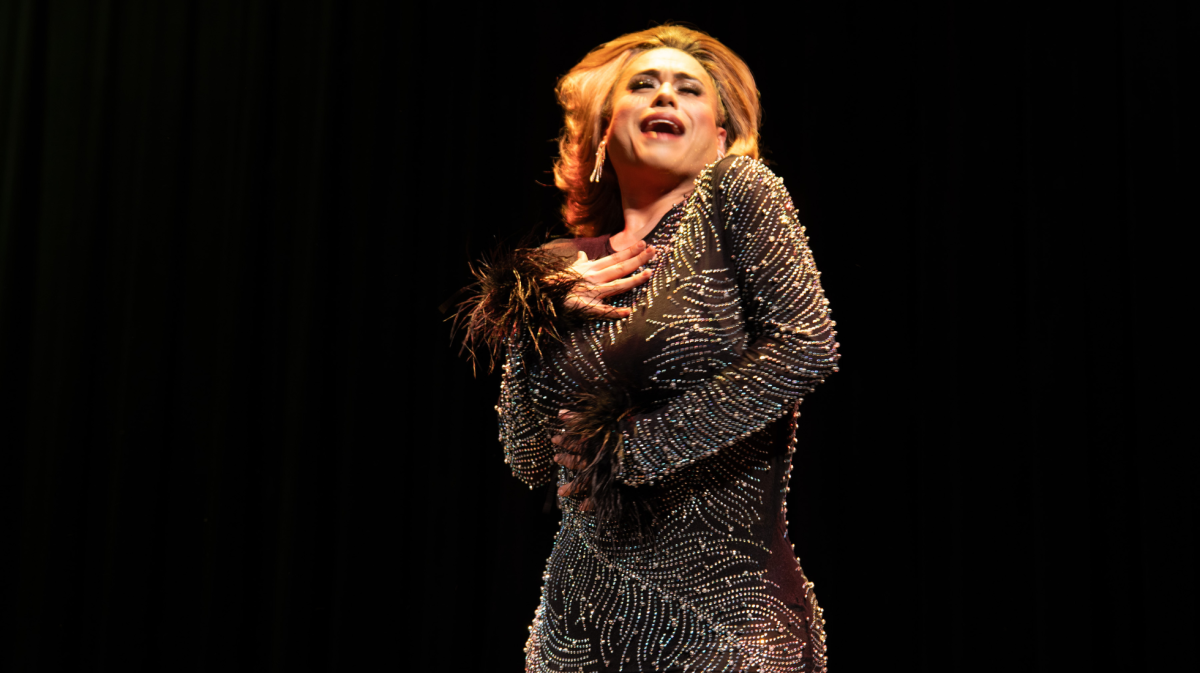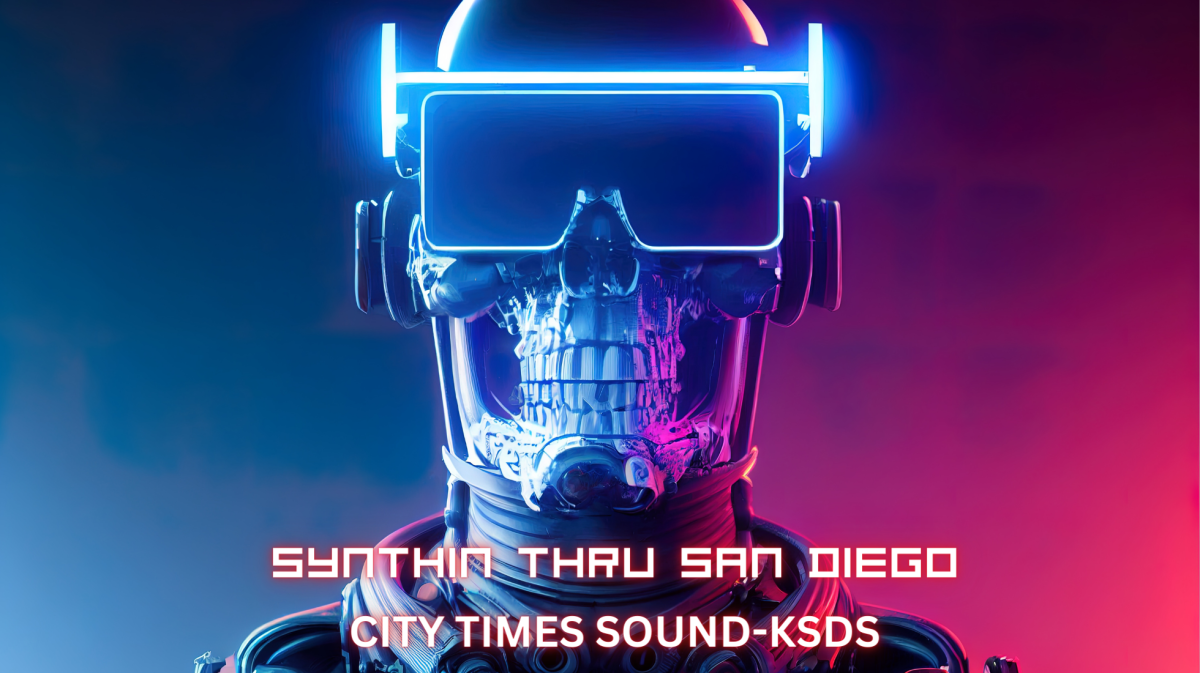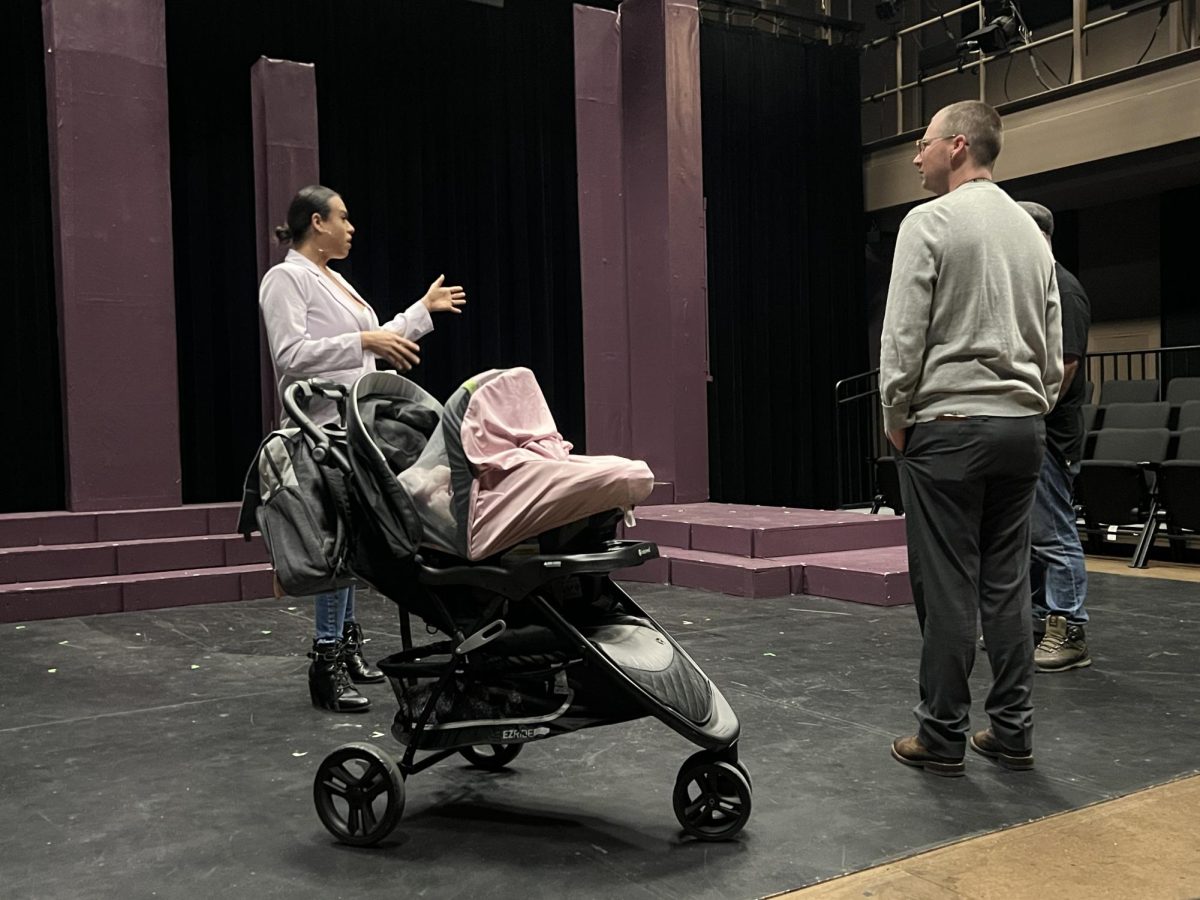Jim Miller is a professor who practices what he teaches.
Each semester, Miller guides dozens of students through his English and Labor Studies classes at San Diego City College. He has played key roles in local literary projects like the school’s International Book Fair and the San Diego Writers Collective.
Miller also serves as a political action vice president and does community outreach for the American Federation of Teachers Local #1931. And as if he wasn’t busy enough already, Miller finds the time to crank out the occasional book.
His latest novel, “Flash,” tells the story of a modern-day journalist in San Diego who stumbles across a family link to the city’s Free Speech Fight of 1912 and 1913.
“Flash” is a fascinating blend of historical fiction, investigative reporting, and noir. As its main character searches like a private eye for clues about an Industrial Workers of the World member named Bobby Flash, readers are treated to an in-depth review of the labor struggle that erupted in America’s Finest City about 100 years ago.
Bobby Flash is a fictional character, but his life story and his experiences in the Free Speech Fight are based on Miller’s extensive research.
“The thing about fiction – you’re lying like the truth,” Miller said. His book even contains some autobiographical touches, including references to modern-era menial work in warehouses, on assembly lines, and in factories.
“I am not the narrator, (but) I had a long series of those kinds of jobs,” Miller said.
The main payoff in “Flash” is its deep dive into San Diego’s labor battles of a century ago.
By telling the story of a hypothetical, rank-and-file IWW member from that era, Miller transports the reader to a time when the Gaslamp Quarter was known as the Stingeree and police would crack down on anyone who got up on a soap box and called for workers to unite.
“(The book) looks back at the many parallels between then and the present,” Miller said. With labor-related issues getting more and more press today, his timing couldn’t be better.
Miller calls recent workers-rights protests in Wisconsin “the single most hopeful” political development in the last few years, and his respect for working men and women shines throughout “Flash.”
The book describes the Stingeree in 1912 as a diverse, working-class neighborhood “full of shops, saloons, cheap hotels, gambling houses, opium dens, and prostitutes . it sounded a lot more fun back in the day than it is now – unless you’re looking for a bad cover band or an overpriced cheese plate.”
Miller considers the book’s dramatized, bottom-up approach “an inside-out, more personal way to tell the history.”
“Flash” was published in late 2010 in a run of several thousand by AK Press, an “anarchist” print shop with its main headquarters in Oakland.
“They’ve been really great to work with,” said Miller, a fan of the printing house’s collective approach to operations.
“I basically donated all the profits back to AK,” Miller added. “They said it’s doing pretty good.”







